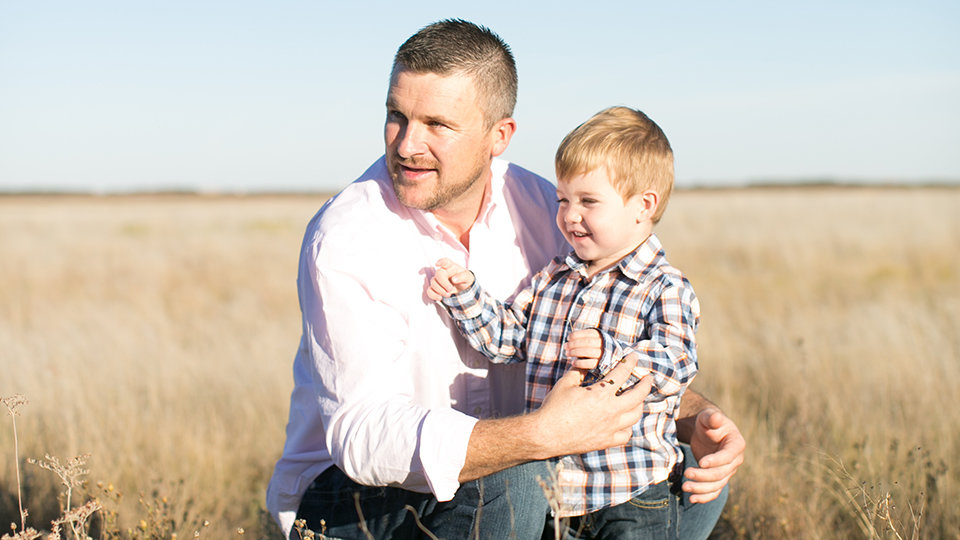Foster care is in our DNA
Some traits are embedded so deeply into us as individuals and as a society that our actions and reactions are nearly unavoidable. We just can’t help ourselves.
Caring for dependent children is one of those traits. We know we have a responsibility to take care of vulnerable children in our communities.
Maybe we feel guilty. Or maybe it stems from a higher calling.
The practice of placing children in foster homes goes back as far as the Old Testament and other Jewish law, which form the bases for our civilization today. In fact, caring for dependent children (orphans) was a duty under Jewish law.
Records of the early Christian church, which had its start as a branch of Judaism, indicate that orphaned children lived with widows who were paid a stipend by the church.
By the early 1900s, social services agencies in the United States began supervising foster parents in a formal, official way.
Buckner Orphans Home (now Buckner International) officially entered the foster care arena in 1959. By mid-spring of that year, more than 130 children per month were receiving care from the social service department of Buckner. This program included care for children who did not live at any Buckner campus, but were helped through one of four new programs – adoption, foster home care, mother’s aid and homemaker’s service. By the end of 1959, 54 children had been placed in Buckner foster homes.
So the practice of placing children in the homes of caring families has been around for so long that it has become – or should be – a natural action on our part.
It could be argued that the natural action of caring for children in foster care is so much a part of our individual and societal DNA that not doing so is unnatural.
That brings us to today’s crisis in foster care. It begs the question, what happened? If our social and individual DNA points so strongly to caring for vulnerable children, why do thousands of foster children need a foster family?
The list of reasons is as numerous as the number of people living in Texas; we’re too busy; there are too many children; it’s too hard; I didn’t know.
Yet I would argue the main reason there aren’t enough foster families is we assume someone else will do it. That’s different from being responsible. We know and believe that as a society we are responsible for caring for vulnerable children. Responsibility is not the problem; response is.
We are certain someone else will step into the gap and respond to the need for more foster families. And if someone won’t do it, the state will. Either way, someone else will do it.
We have evolved into a dependent society, which makes it hard to care for dependent children. We depend on someone else, absolving ourselves of making a personal response. The result is a crisis in foster care – a crisis of our own making.
So what’s the solution? The solution is making it personal. We need to overcome the apathy that grips us and numbness that settles on us and see each vulnerable child as a person created in the image of God. We need to see what can be, not what is. And most importantly, we need to respond.
Scott Collins has served in Buckner Communications for 22 years.
EDITOR'S NOTE: The Texas foster care system has been in headlines all over the state. There has been a shortage of foster families and an increase in the number of children removed, which means children are having to spend the night in CPS offices on makeshift beds while they wait for a safe place to go. Buckner is a leading foster care and adoption agency in Texas and as Christians, we feel compelled to respond by bringing awareness to the issues, dispelling stigmas and giving tangible ways for you to help a hurting child who needs a warm bed and loving family. See full coverage of the crisis here.




Add a Comment